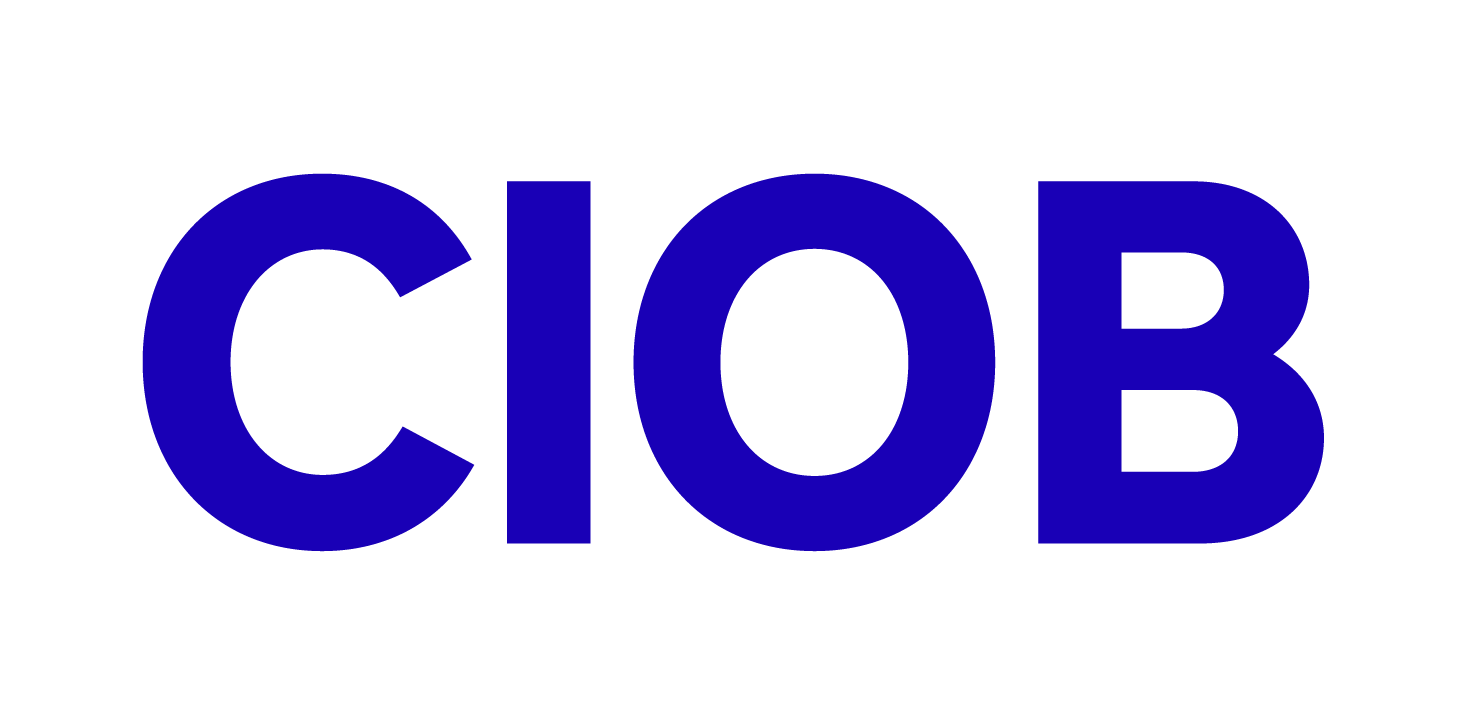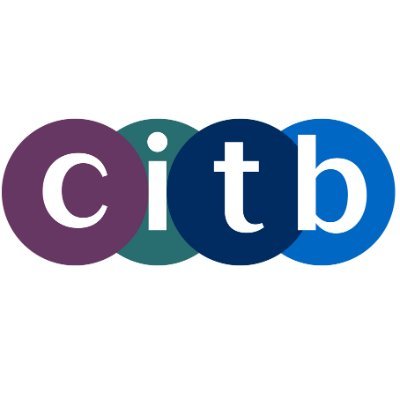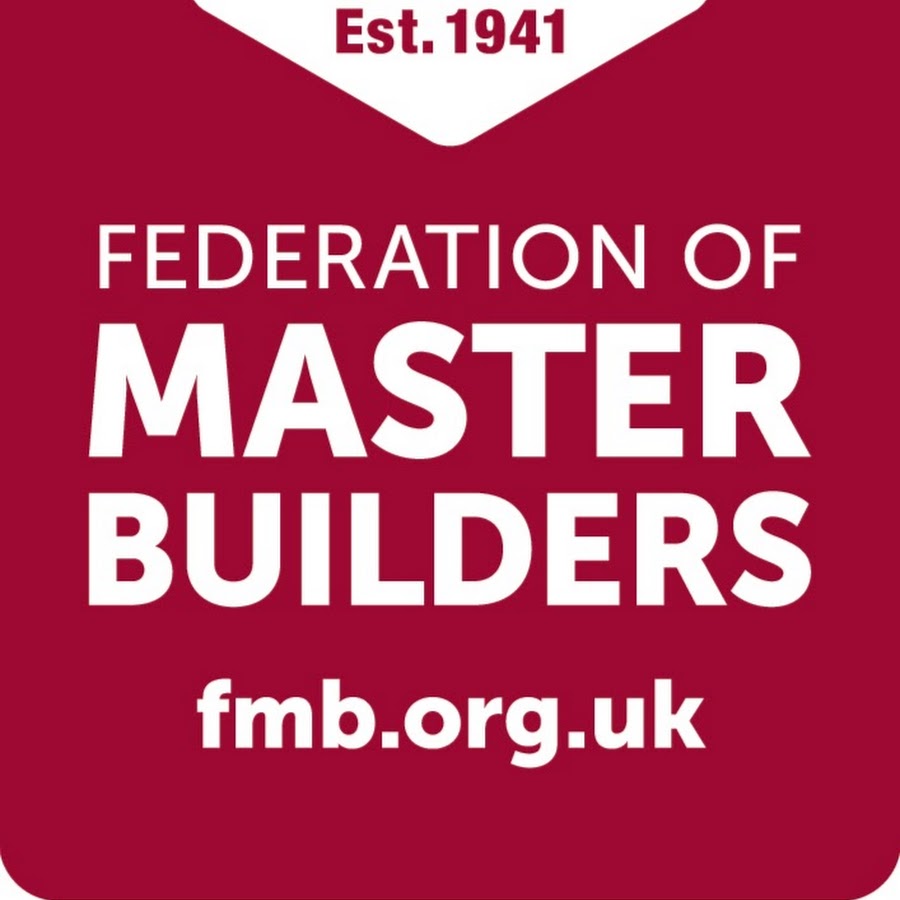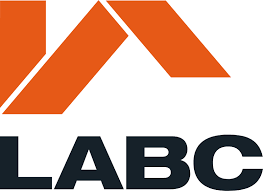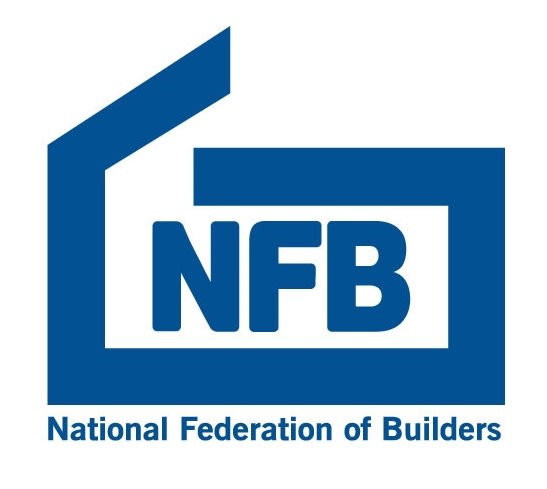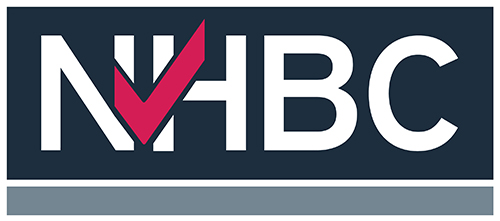Trust: Glue and lubricant


This month Martyn Jones continues his theme of combining Purpose with Profit by examining the role of trust in simultaneously binding individuals and organisations together and lubricating the processes of transformation.
Trust was highlighted in both the Latham (1994) and Egan (1998) reports as a major factor leading to the success or failure of construction projects. But how do we define trust, why is it now more important than ever and how do we go about building and sustaining it?
Back in 1995 The Reading Construction Forum published their seminal report: Trusting the Team: The best practice guide to partnering in construction. Partnering was presented as a way of improving construction project performance and bringing direct benefits both to clients and contractors.
Fast forward to 2020 and a quote from the recently published The Construction Playbook reiterates the role of trust: “Together we will need to build relationships and trust through how we contract, think long-term, manage risks and share information more effectively, be flexible when things need to change and ultimately deliver continuous improvement and real value”.
The authors of The Construction Playbook go onto argue that “experience has demonstrated that a partnership model with the principles of collaboration, openness, transparency and flexibility based on contractual delivery can be beneficial in driving successful outcomes and innovation”.
And there’s more: “Critical success factors of a partnership model include a focus on delivery by both partners, clear roles and responsibilities, a shared understanding of how to resolve disputes and a collaborative culture, including adopting a one‑team ‘win‑together, fail‑together’ approach.”
When we have asked the participants in our Rethinking Construction/Constructing Excellence workshops, seminars and events over the last 20 years or so to identify the key elements of collaborative working they invariably included trust. They told us it’s needed to make both external and internal partnerships stronger, increase the chances of managing risk and achieving successful project outcomes. They also highlighted the need for patience and the allocation of time and resources to painstakingly build trust. And watchfulness too, to sustain trust, as it can be lost in a single moment.
But here’s another of our members’ slant on trust. As well as seeing trust as the social glue that holds business relationships together, they also see it as the lubricant of the processes of innovation and transformation. Much needed now as we embark on transforming our industry.
In our guide, Outcome Led Procurement: A common sense approach to construction procurement, we point out that numerous studies have shown that people give of their best when they are valued and trusted. This is simple human nature and the reason why many serial clients tend to work with the same consultants and contractors with whom they develop a greater mutual understanding and trust. In turn, the consultants and contractors develop greater trust in the clients and a deeper understanding of their needs and the means to better achieve them.
And now, the ability to establish and build trust is becoming even more important in today’s challenging construction environment as we transform ourselves and the industry to build back greener and better. Clients and contractors are strategically repurposing themselves to play their role in reforming construction’s operating system, honing their core competencies and nurturing partnerships with other organisations to add value through new services, products, and expertise.
I have facilitated scores of workshops over the years and have asked our members to define trust. Their answers have been diverse and include: Being honest, having integrity, walking the talk, doing what you say, telling the truth, starting what you finish, being trustworthy, being competent, being someone people can count on – all of which are good answers, and all certainly capturing elements of trust. But given the risks inherent in most construction projects the definition of trust I most favour links it to risk: “The level of positive expectation we have of another person or organisation, when in a situation of risk.”
All relationships possess some degree of risk. This is true in our personal lives and is even more acute in our business relationships in construction where there is a high degree of uncertainty and yet high levels of interdependency between individuals and organisations. Risk and trust are interdependent: If risk is high, it challenges our sense of trust with partners but with high levels of trust, partners are more willing to work differently and take greater risks for mutual advantage.
How do we go about building or indeed repairing trust that has been lost? When establishing (or in some cases repairing) business partnerships between internal or external partners, it’s helpful to have a clear process that can be agreed that will align the objectives of the partnership, identify opportunities, challenges and risks, and establish the ongoing interactions and processes that will build and sustain long-term trust. These will include:
- Demonstrating that you trust others: Like most change in construction, building trust needs to start deep within organisations committing to becoming more trustworthy
- Creating or refreshing relationships with partners that are mutually beneficial by aligning purpose, objectives and interests
- Jointly identifying and directly addressing issues and challenges that might arise within the relationship
- Setting ground rules for decision making and issue resolution. By defining and agreeing on a clear process for resolving difficult issues trust grows in the partnership’s ability to work effectively together and build even stronger, long-term relationships.
- Telling the truth and keeping promises
- Being patient but determined
- Surprising (in a good way!) and delighting customers and suppliers by giving them what they asked for (competence trust), but on top of that, by delivering more – more value, more purpose, more service, more time, more convenience and more sensitivity. Delivering more than others expect goes a long way to adding real value and building trust
- A final step in the trust-building process: Establish a regular schedule to come back together to review and refresh the relationship, to recalibrate objectives and resources, to publicly celebrate successes in enhancing both Purpose and Profit, and to ensure that trust is continually and consciously being strengthened and sustained.




